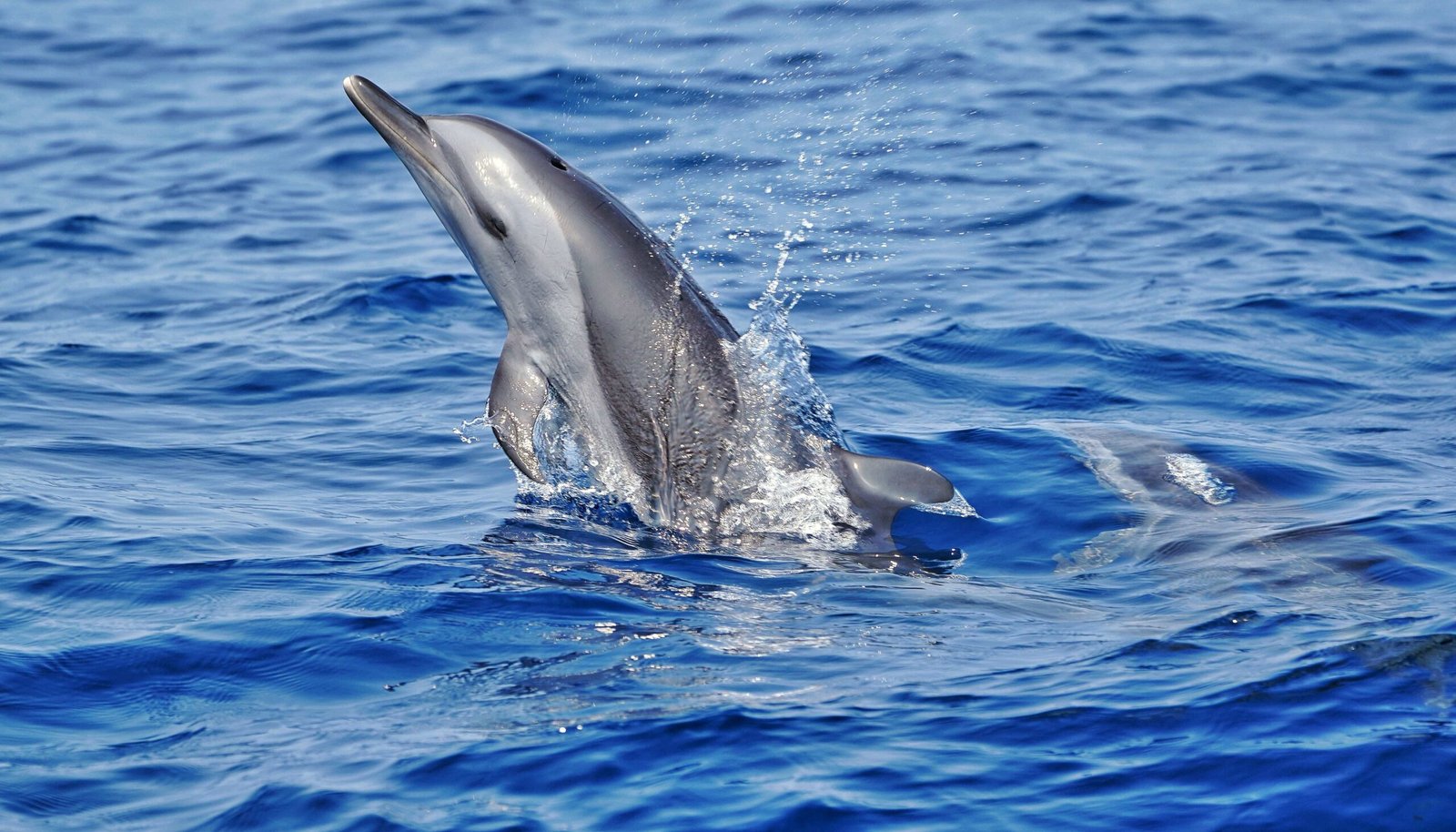Saturday, 21 February 2026

ICAR-Central Marine Fisheries Research Institute’s (CMFRI) stock assessment study on marine mammals helped India clear the way for uninterrupted seafood export to the U.S. market. In a landmark achievement for the marine fisheries sector, the United States recently recognised Indian seafood exports as compliant with its stringent Marine Mammal Protection Act (MMPA), allowing continued seafood export from India to the U.S.
A key factor behind the approval was the scientific evidence and analysis provided by ICAR-CMFRI through a nationwide marine mammal survey and stock assessment, covering India’s entire Exclusive Economic Zone (EEZ). The National Marine Fisheries Service (NMFS) of the US recognised India’s mitigation measures, effective policies to prevent intentional harm to marine mammals, and enforce vessel licensing and monitoring systems as comparable to U.S. standards.
CMFRI’s study, in collaboration with the Marine Products Export Development Authority (MPEDA) and the Fishery Survey of India (FSI), produced the first reliable abundance and bycatch estimates of marine mammals and confirmed that the stocks of marine mammals in Indian waters are healthy. The first phase of the study estimated the abundance of 18 marine mammal species, including the Blue Whale, the Sperm Whale, dolphins, and porpoises.
The institute also estimated the Potential Biological Removal (PBR) — the sustainable limit of incidental catches — and compared it with actual bycatch data collected through interviews with over 8,000 fishermen. The findings showed that the estimated annual bycatch of marine mammals is well below the permissible limit, confirming that Indian marine fisheries operate within sustainable levels.
The U.S. government had mandated all seafood-exporting nations to scientifically demonstrate that their fishing practices do not cause unsustainable harm to marine mammals. Following this, India’s seafood trade with the U.S. faced uncertainty due to a lack of reliable, large-scale data on marine mammal abundance and bycatch in Indian waters. In response, CMFRI took the scientific lead, initiating a comprehensive stock assessment program that employed vessel-based coastal and offshore surveys using the internationally accepted line-transect methodology, covering the entire EEZ of India.
“CMFRI’s research formed the scientific foundation for India’s submission of Comparability Finding Analysis (CFA) and played a crucial role in securing the clearance that helped the country safeguard a multi-billion-dollar trade and prevent a potential trade ban on Indian seafood exports to the U.S.,” said Dr. Ratheesh Kumar Raveendran, Principal Investigator of the “Marine Mammal Stock Assessment in India” project, ICAR-CMFRI.
CMFRI continues its monitoring and research on marine mammals to support ongoing sustainability efforts and international compliance in marine fisheries, he said.